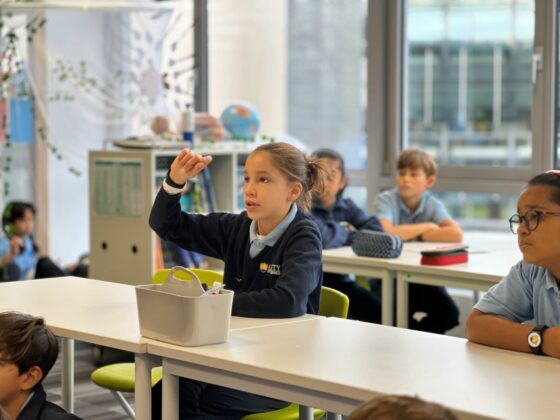
Social skills are essential for success in school and in life. While academic subjects like math and science are important, the ability to communicate effectively, work well with others, and navigate social situations is equally crucial. In primary school, children are at a critical age where they are developing these social skills, and it is important for educators and parents to emphasize their importance.
Developing Empathy and Emotional Intelligence
One of the key aspects of social skills development in primary school is the cultivation of empathy and emotional intelligence. These skills help children understand and manage their own emotions, as well as recognize and respond to the feelings of others. By developing empathy, children learn to be compassionate, kind, and considerate towards their peers, teachers, and other members of the school community.
Benefits of Developing Empathy and Emotional Intelligence:
- Improved relationships with peers and adults
- Reduced instances of bullying and conflict
- Enhanced ability to communicate effectively
- Increased self-awareness and self-regulation
Building Communication and Collaboration Skills
Effective communication is a vital skill that children need to succeed both academically and socially. In primary school, students have the opportunity to practice communication and collaboration skills through group projects, class discussions, and extracurricular activities. By working together with their peers, children learn how to express their ideas, listen to others, and resolve conflicts peacefully.
Importance of Communication and Collaboration Skills:
- Enhanced academic performance through better teamwork
- Preparation for future workplace interactions
- Improved problem-solving abilities
- Increased confidence in social situations
Cultivating Leadership and Teamwork
Primary school is a great environment for children to develop leadership skills and learn the importance of teamwork. Through group projects, sports teams, and other collaborative activities, students have the opportunity to take on leadership roles, delegate tasks, and work towards common goals. These experiences help children build confidence, empathy, and resilience, which are all essential components of effective leadership.
Benefits of Leadership and Teamwork Skills:
- Encourages responsibility and accountability
- Promotes critical thinking and decision-making abilities
- Develops conflict resolution skills
- Fosters a sense of community and belonging
Promoting Diversity and Inclusion
In a diverse world, it is essential for children to learn how to respect and appreciate differences in others. Primary school provides a valuable opportunity for students to interact with peers from various backgrounds, cultures, and abilities. By promoting diversity and inclusion in the classroom, educators can help children develop open-mindedness, empathy, and acceptance towards others.
Importance of Promoting Diversity and Inclusion:
- Reduces prejudice and discrimination
- Creates a more inclusive and supportive school environment
- Prepares children to thrive in a multicultural society
- Encourages empathy and understanding towards others
Conclusion
Social skills development plays a crucial role in primary school education. By focusing on empathy, communication, collaboration, leadership, teamwork, diversity, and inclusion, educators can help children cultivate the skills they need to succeed academically, socially, and emotionally. It is important for schools and parents to work together to prioritize the development of social skills in children, as these skills will benefit them throughout their lives.